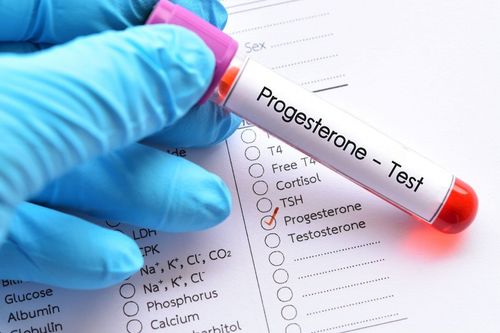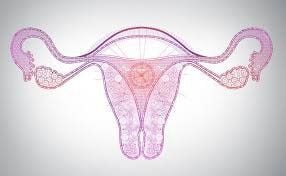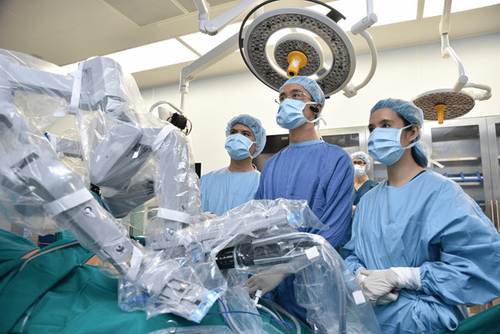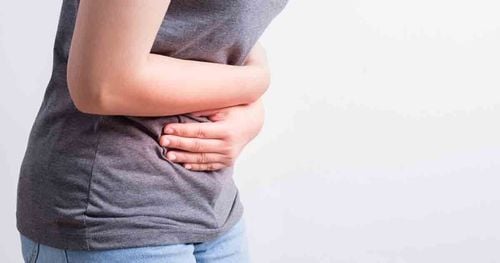1. Ovarian cystectomy
Ovarian cysts are a very common disease in women of reproductive age. Although it is a benign disease, if not detected and treated promptly, it will seriously affect health and fertility. Ovarian cysts can be treated with many methods and surgery is only indicated when:
- Ovarian cysts are solid tumors, that do not disappear on their own and gradually become larger over time.
- Cyst rupture.
- The tumor is large.
- If it is a malignant tumor or cancer cells are detected.
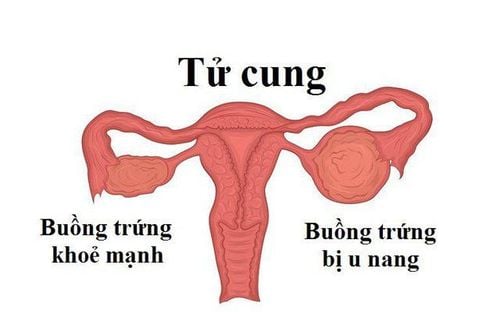
2. Principles of eating after ovarian cystectomy
After ovarian cystectomy, the patient may have lost a lot of blood, so their health is weaker. Therefore, it is necessary to have a rest regimen at home so that the body has time to recover.
Along with that is a reasonable diet, with attention, choosing foods rich in nutrients that are beneficial for recovery, limiting foods that affect the surgical wound as well as making the disease more likely to recur.
Good foods for after ovarian cystectomy include:
- Green vegetables and fruits: Use lots of green vegetables to help with easy digestion, and improve the body's resistance. Because these foods are rich in vitamins that help heal the skin after surgery.
- Add foods rich in iron: Beef, lamb, fish, ... are foods rich in iron that people with ovarian cysts should eat.
- Supplement foods rich in protein: Poultry and seafood contain a lot of protein, helping to supplement and strengthen women's health after surgery.
- Supplement foods rich in Omega 3 and vitamin E: These foods are abundant in salmon, sesame oil, margarine, etc., helping wounds heal quickly.
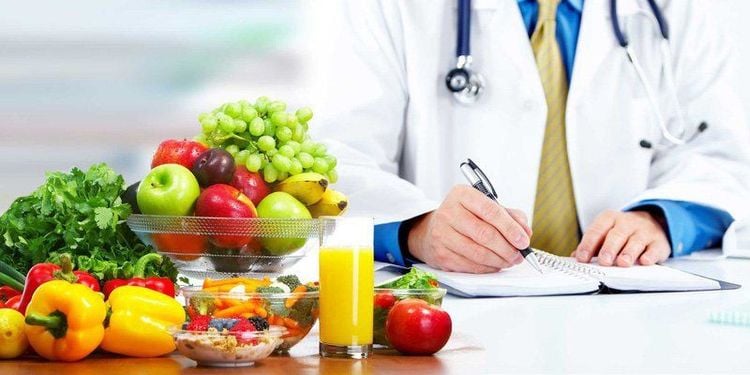
Foods to avoid after ovarian cystectomy include:
- Avoid foods made from glutinous rice: After ovarian cystectomy, it is important to avoid eating glutinous rice because it can cause pus, making the wound take a long time to heal and creating conditions for bacteria to attack, easily causing secondary infections.
- Fermented foods: Do not use these foods because they will irritate the surgical wound and create conditions for bacteria to grow, causing infection.
- Spicy and sour foods: These are some of the foods you should avoid because they can easily irritate the wound, prolong the healing time of the surgical wound, and cause pain to the patient.
- Raw foods: In all cases after surgery, you should not eat raw foods because they can easily irritate the damaged area, causing swelling and itching in the surgical wound, and making the patient feel uncomfortable.
In short, with the question of what to eat after ovarian cystectomy, patients should increase their intake of foods rich in iron, vitamins, etc., which will help improve the condition significantly and also help prevent the disease from recurring effectively.
To arrange an appointment, please call HOTLINE or make your reservation directly HERE. You may also download the MyVinmec app to schedule appointments faster and manage your reservations more conveniently.
